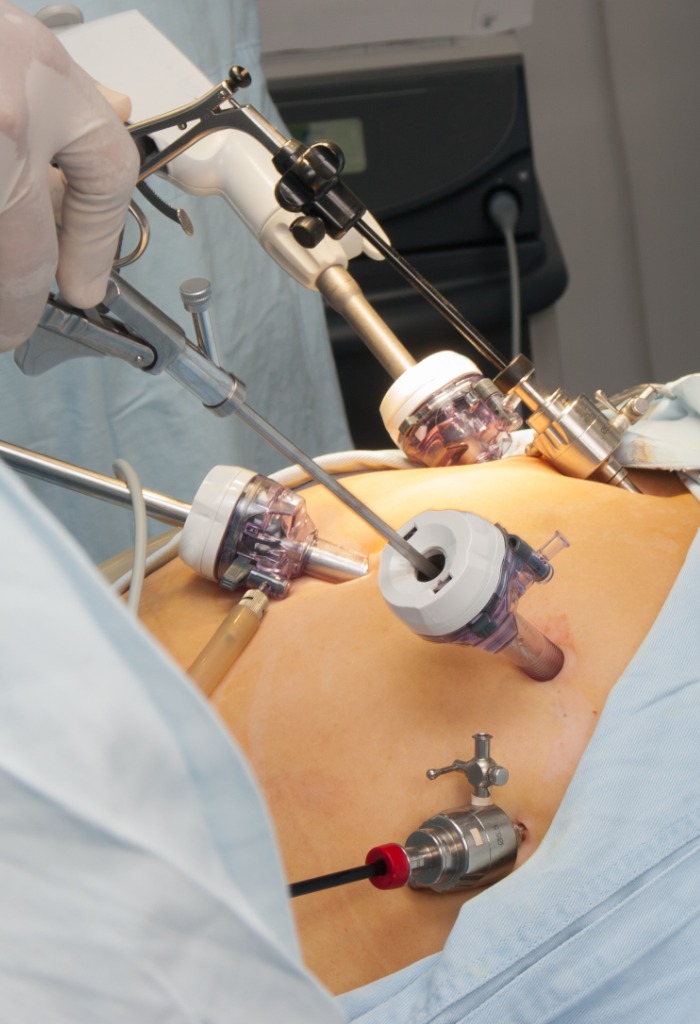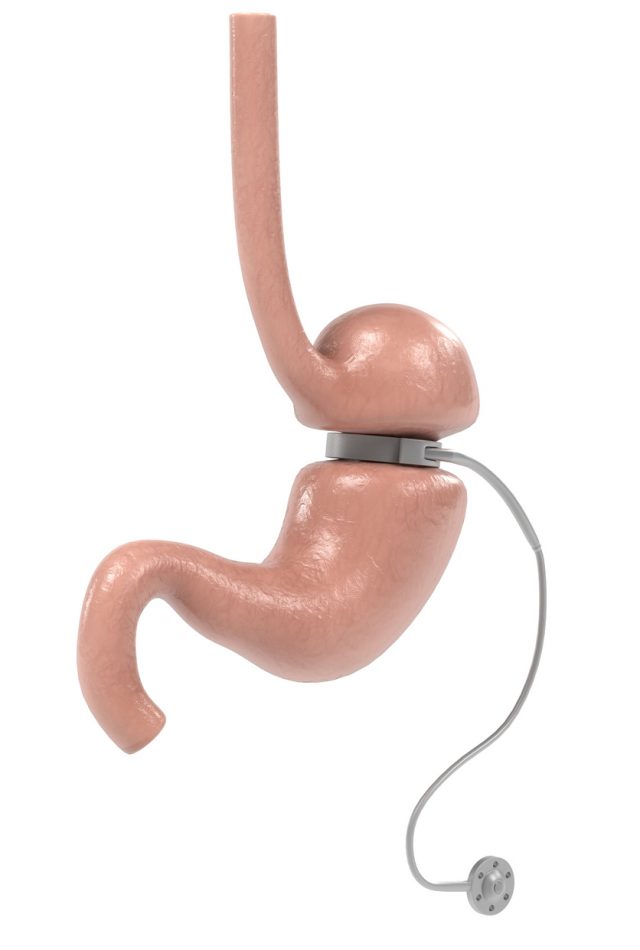Gastric bypass
Definition:
Gastric bypass is the surgical procedure for obesity treatment. This involves creating a stomach pouch that restricts food intake. Small intestine is attached directly to new stomach pouch, bypassing the lower stomach and duodenum.
The patient eats less after surgery as he/she feels full sooner, leading to loss of weight. Surgery is possible via Laparoscope Open Incision
The patient eats less after surgery as he/she feels full sooner, leading to loss of weight. Surgery is possible via Laparoscope Open Incision
Why is it needed?
This surgery is prescribed when obese patients cannot lose weight by other methods.


